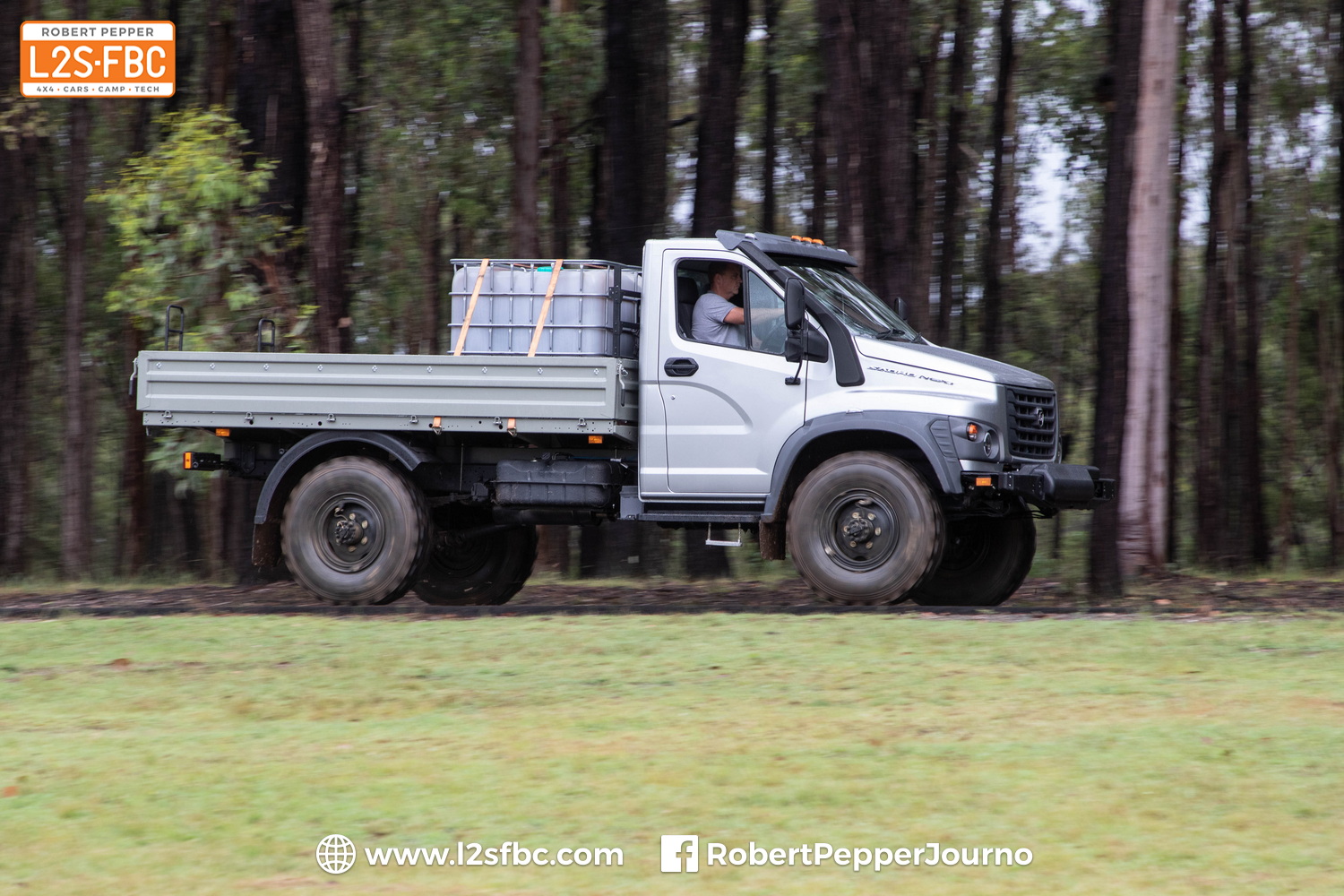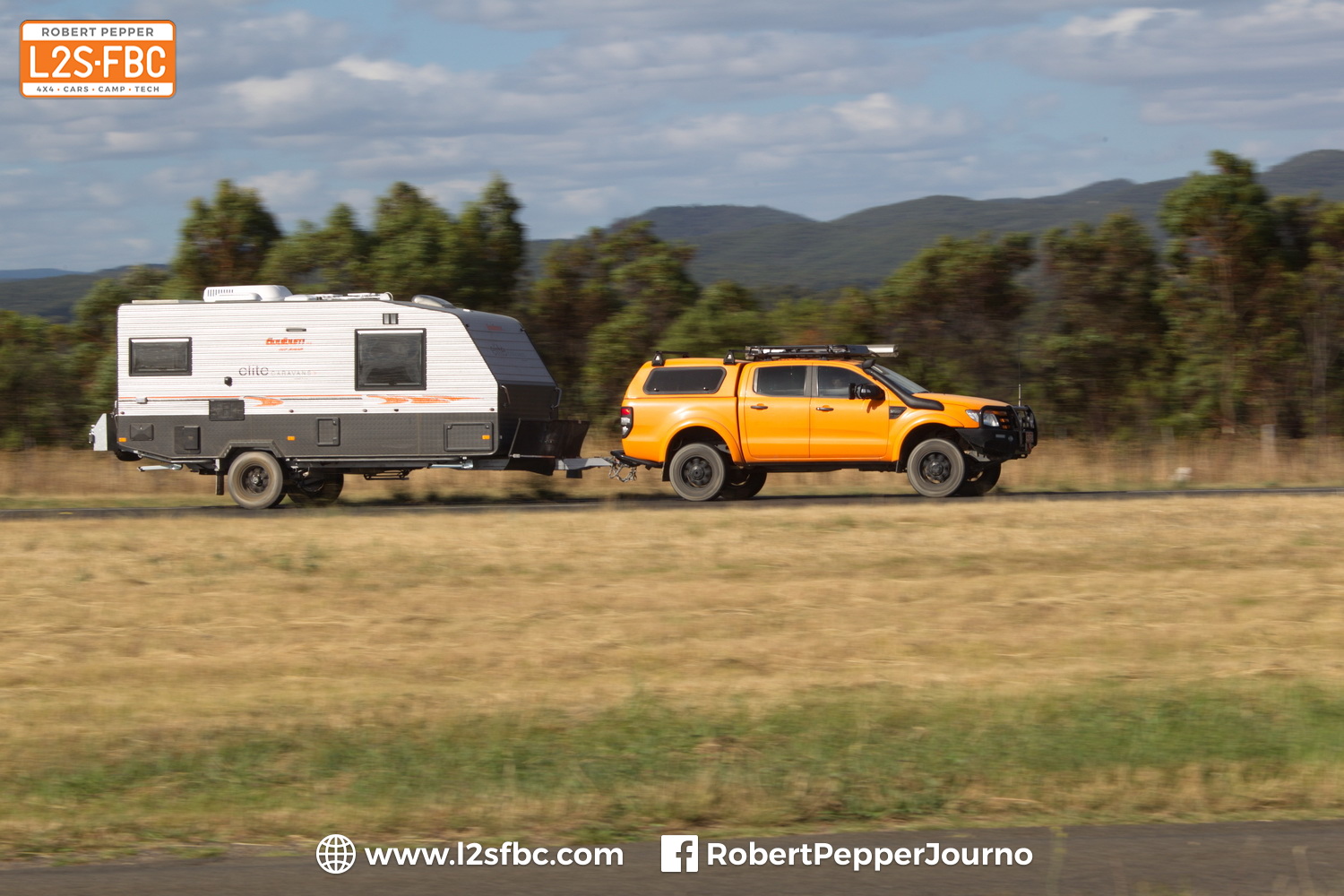
What Russians think of Gaz
My first drive of the Gaz Trackmaster attracted a lot of commentary from Russians, which sent me to Google Translate to figure out what they were saying! There seemed to be a theme emerging, and one viewer posted a comment which really explained to me a lot about Russia, vehicles and Gaz. I’m reproducing it here with minor edits, and his follow-up comment.
Art Kormilitsin
I’m sorry, I don’t speak much English, so I use a translator. I hope that my information will be useful for you to understand what Gaz and Russian people are. We Russians are proud when our cars go to other countries, especially as far away as Australia, and we really hope that they will serve you well and you will be satisfied with them. But we ourselves do not like our car industry very much, because we perfectly remember how our fathers and grandfathers came home from work later, because their working trucks like Gaz and KAMAZ broke down and they repaired them themselves, wiping their tears with a dirty rag (this is a joke, but there is part of the truth in this).
But on the other hand, these cars, although they broke down quite often, were repaired, as we say, with a “hammer and a fucking mother”, that is, with brute force and obscene language. These machines were created in the Soviet Union in order to work hard, it is easy to fix them, but people, by and large, did not care, they had to work and not whine, which is why foreigners very often notice that Russians do not smile much.
In the early ’90s, everything changed, the Soviet Union collapsed, a period of unemployment and banditry began, we call this time the “dashing nineties”, hope the translator will translate everything correctly and you will understand at least a little the atmosphere of that time. Digressing from the topic, I strongly advise you to watch the film Sergey Balobanov “brat” (brother) to understand a little more the essence of that time.
It was because of the collapse of the country that people had to survive and open small businesses, provided that there was very little money. It was then that Gaz developed the low-tonnage Gazelle truck, for which people borrowed money from all their relatives and engaged in private hauling and buying them for small firms. This truck saved more than one family from starvation, thanks to it, food was on the tables, though scanty, but food, and children were bought textbooks for school. It was cheap, maneuverable, and you needed a passenger-car driver’s license to drive the Gazelle. But despite all its advantages, it had one disadvantage – it often broke down, rusted badly and was not very comfortable.
Despite this, in the early 2000s, my father had one and was a great assistant in business. And now is the time when the younger generation has become softer and remembers well the problems of their fathers and grandfathers with these machines, but at the same time they know that thanks to these machines they survived in bad times. Very ambivalent feelings, directly opposed. We are both grateful to these machines, proud of their rudeness, strength and unpretentiousness, but at the same time we hate them for the torment of our fathers with them.
I was born and raised in a small town in the ’90s , and I still remember the Gazelle against the background of leaky asphalt and gray dilapidated houses. And what is also offensive to us is that even those cars that are exported to other countries are, in fact, the legacy of the Soviet people, and we ourselves have recently done nothing but hang plastic panels on the body and coloured fans inside the cabin. We are proud of the greatness of our country, we want a bright future for it, we want to be friends with other countries, but we are very sad that the authorities do not do anything for this. And the Gaz plant, in its essence, is controlled by the state. We have lost faith in our automobile industry, both in passenger cars and commercial vehicles, and we are increasingly trying to buy a Ford Transit or a Peugeot Boxer, and GAZ is increasingly the province of the countryside, but rural residents do not have money for new cars, which is why they still use cars that are already 30 or more years old, left over from Soviet times.
I, as a Russian guy who, although he now lives in St. Petersburg and is engaged in electronics repair, but who still remembers how in 20 years he worked with his father on sawing wood and often drove around the region in an old “ZIL 130” to buy logs from loggers and bring them for cutting, I want to believe that you will correctly understand the soul of Gaz, will not be disappointed in it, and the cars themselves will serve you as long as possible and not create problems.
But, I warn you, although this car has a modern appearance, inside it remains a harsh Russian guy who needs a swear word, skillful hands and steel balls of the driver. And only then will he save you and pull you out of any shit, as he pulled out our fathers and grandfathers. With these machines, it is difficult, but in difficult moments, which were not few in the history of the Soviet Union and Russia, they saved lives, and I say this not just for the sake of beautiful words. That’s why we love and hate them so much at the same time.
And a follow-up comment from another viewer:
There is a lot of truth in that post [above], but there is a point missing. Remember that until 1990s the drivers of those trucks were not the owners, they were not allowed to own a commercial truck. There comes the reason not to maintain the truck well – they just didn’t care. As the former owner of GAZ 33081, the predecessor to Trackmaster, and Gaz Sobol 4×4 van, can confirm that a driver that doesn’t care but just drives and often exceeds the load limits, can put the truck to a really bad condition in a couple of years. But, if it is your own and you maintain it well – nothing special, not worse than Japanese trucks from ’90s. And finally, “we lost faith in our car industry” is a very broad saying. I personally bought a brand new UAZ Patriot and I’m fine, thank you.
Here’s the Gaz video review:


